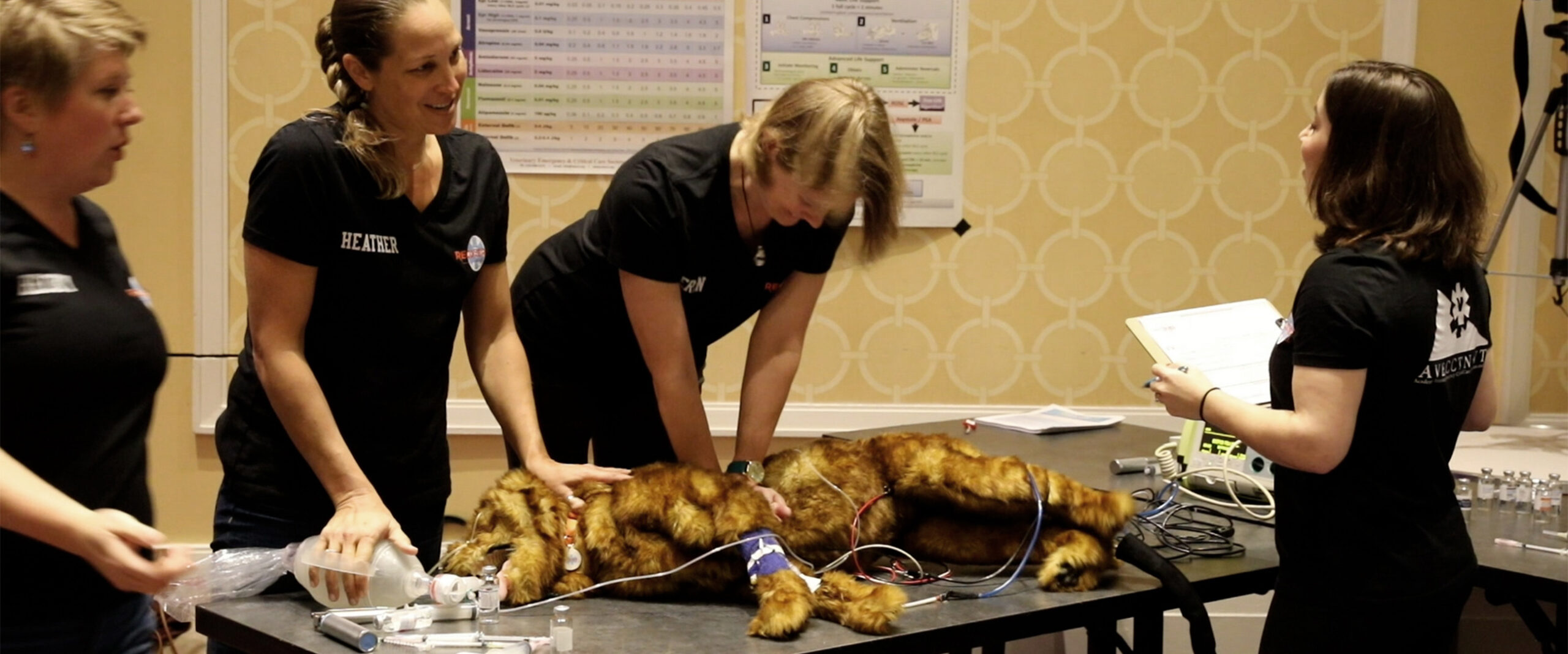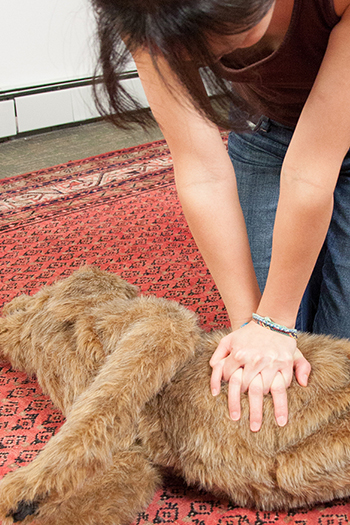
Less than 6% of dogs and less than 20% of cats that experience cardiopulmonary arrest (CPA) survive to hospital discharge, while the survival rate in people is over 20%. Until the advent of evidence-based guidelines and standardized training in human medicine, survival rates in people were similar to animals. No such standardized guidelines or training exist in veterinary medicine, which has led to extreme variability in the approach to cardiopulmonary resuscitation (CPR) and has likely contributed to the poor outcomes in dogs and cats with CPA. The Reassessment Campaign on Veterinary Resuscitation (RECOVER) initiative, a collaborative project supported by the Veterinary Emergency and Critical Care Society (VECCS) and the American College of Veterinary Emergency and Critical Care (ACVECC) involving over 100 board-certified veterinary specialists from around the world, reviewed the experimental and clinical evidence in cardiopulmonary resuscitation (CPR) research and devised a series of evidence-based, consensus CPR guidelines for dogs and cats.

This project represents a unique undertaking in veterinary medicine and will serve as a model for future development of true evidence-based clinical guidelines for many important diseases and conditions of animals. The results of this massive undertaking were originally published in a special issue of the Journal of Veterinary Emergency and Critical Care in June of 2012. These guidelines have recently been updated in June 2024 to the 2024 RECOVER CPR Guidelines, to reflect updated treatment recommendations for Basic Life Support, Advanced Life Support, and CPR-centered Monitoring in dogs and cats using the rigorous GRADE methodology for evidence evaluation. The Guidelines paper is a consensus guidelines paper that contains treatment recommendations from the BLS, ALS, and Monitoring Domains. The Guidelines paper contains images and algorithms designed to help veterinary professionals learn to perform high-quality, evidence-based CPR techniques in dogs and cats. The CPR Algorithm for Dogs and Cats is also available in poster format for use as a cognitive aid in the clinical setting. To access the 2024 RECOVER CPR Guidelines, click the link below. The RECOVER initiative participants hope that this body of work will serve as a foundation for the development of training tools for veterinarians, veterinary technicians, and pet owners, ultimately leading to improved outcomes in dogs and cats that experience CPA.
CLICK HERE to access the 2024 RECOVER CPR guidelines made possible through a collaboration to ACVECC and VECCS.
*Language Translations NOW AVAILABLE HERE or using the button below.